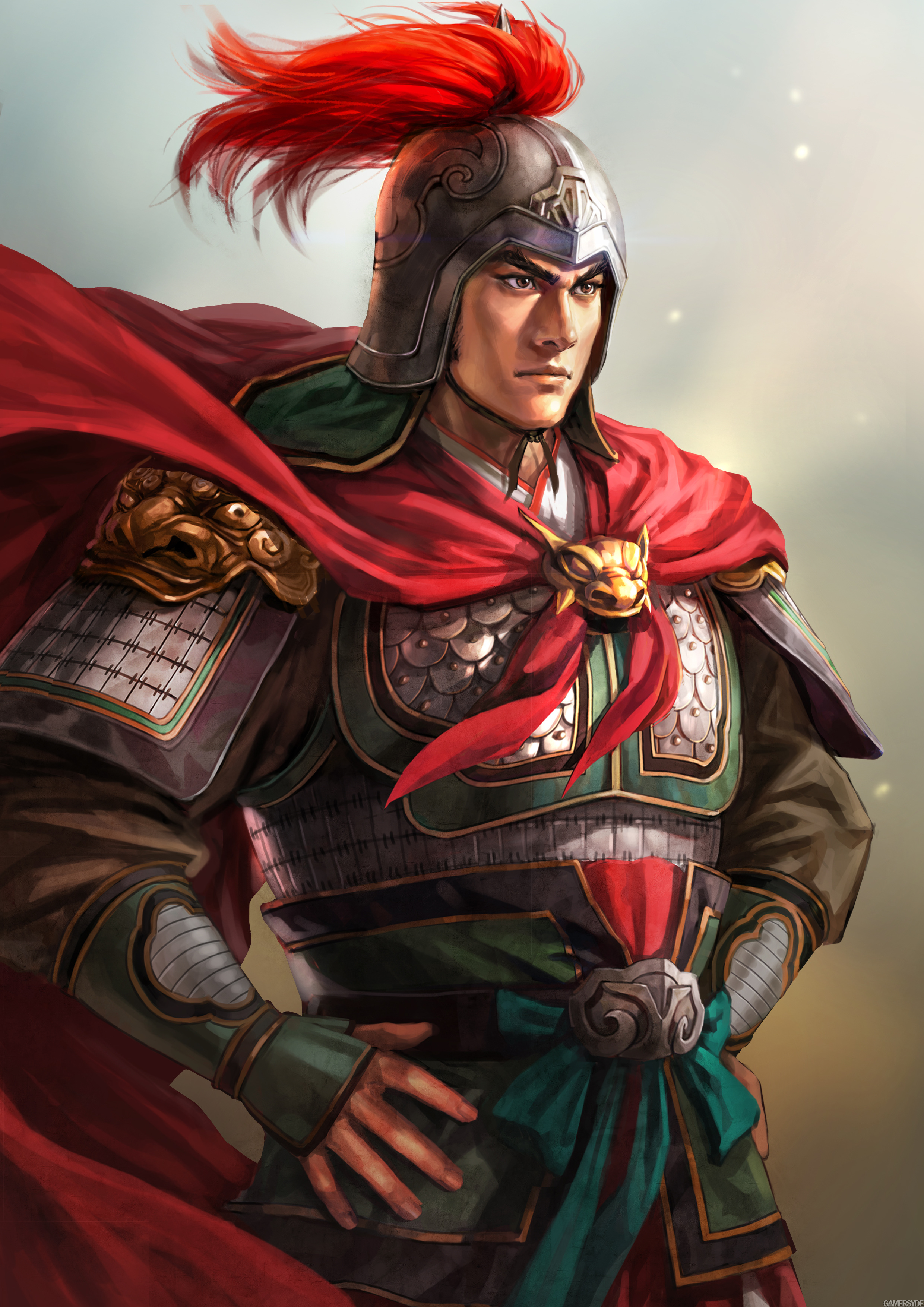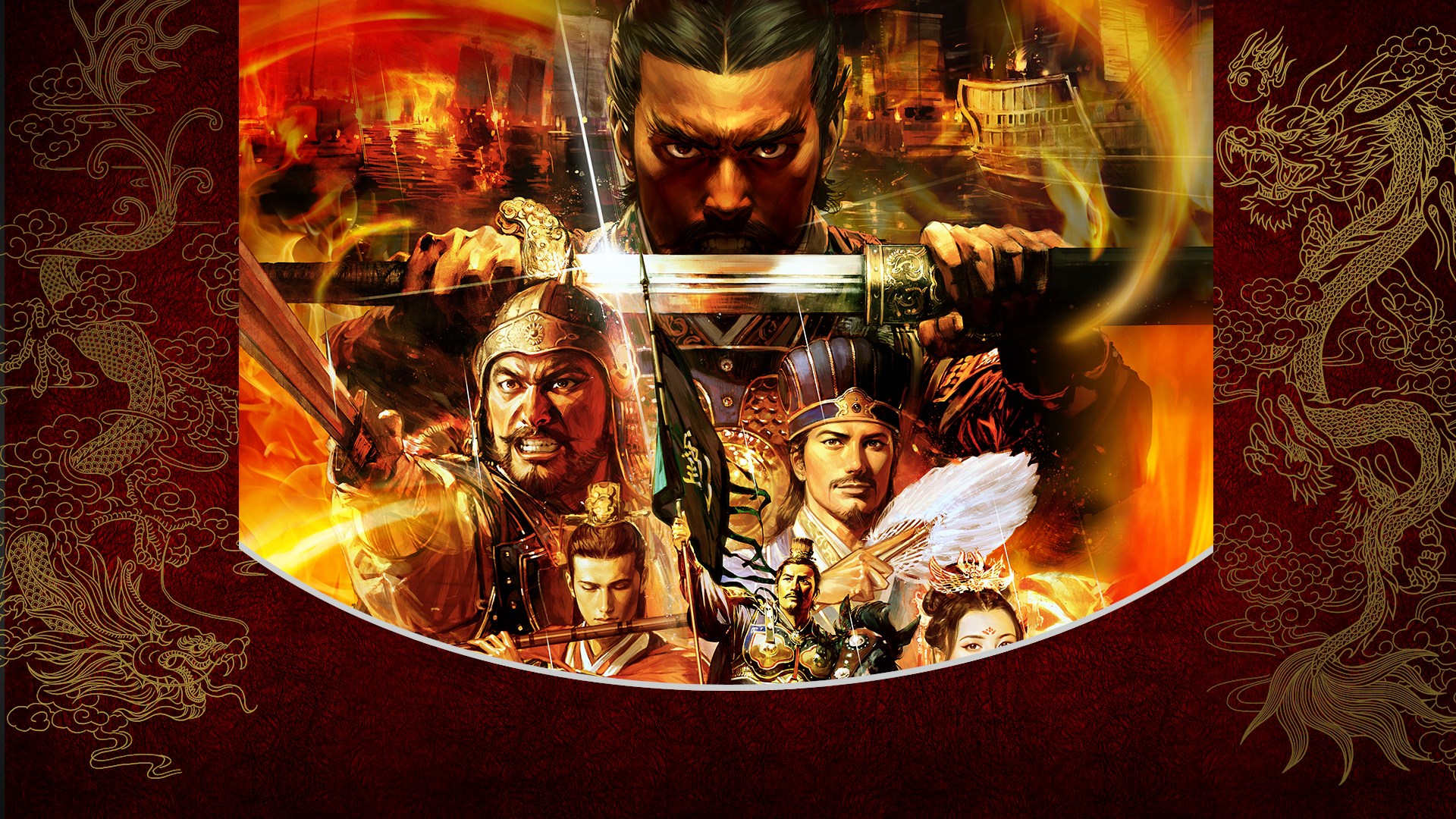

However, no family of Cao Cao ever sat on the throne as emperor. The three kingdoms were Wei, established by Cao Cao Wu, by Sun Quan (debatably) and Shu, by Liu Bei.

It is apparently the second most read story in the world, lagging slightly behind the Bible. Named "romance" rather than "records" because the novel has some fictional aspects (eg. He also represents popular Taoism as a priest who can call on supernatural powers and knowledge, a skill that is critical to Cao Cao's defeat at the Red Cliffs.A story chock-full of hubris and tragedy, triumph and sacrifice, winner(s) and losers. He is a consummate Confucian diplomat, educated in literature, governance, and military strategy while eager to serve the state, this desire clashes with a more Taoist preference for seclusion and reflection. Kongming also represents the traditions of Taoism and Confucianism in China. The poem Cao Cao recites on the eve of the Battle of the Red Cliffs is famous in Chinese literature and makes artful allusions to the ancient Book of Songs Kongming also uses poetry as a diplomatic tool, reciting certain lines at opportune moments which alternately earn him trust and awe, or help him to manipulate others. The narration in the novel is continuously interspersed with poetry, which is considered the most valuable and useful form of Chinese literature. In addition to the Chinese perspective of history presented in Romance of the Three Kingdom, the novel also embodies other aspects of Chinese history and culture. The Sima conquer the troubled Wu kingdom, thus ending the period of the Three Kingdoms and beginning the Jin dynasty. Shu Han falls to Wei the Wei emperors are overpowered and replaced by their advisors, Sima clan.
The romance of the three kingdoms series#
After a series of failed campaigns against Wei, Kongming also succumbs to a tragic death. In the final quarter of Romance of the Three Kingdoms, Kongming demonstrates his brilliance and cements his status as a legendary military strategist and powerful Taoist priest, but even he proves unable to change the “will of heaven” and conquer the Wei kingdom and defeat the general Sima Yi. The three kingdoms continue to struggle for dominance, and in the third quarter of the novel, Guan Yu, Zhang Fei and Liu Bei, each fall victim to tragic character flaws that lead to their deaths Cao Cao and Sun Quan also die. In the second half of Romance of the Three Kingdoms, Cao Cao establishes the northern kingdom of Wei, Sun Quan creates the southern kingdom of Wu, and finally Liu Bei forms the western kingdom of Shu Han. The strength of Liu Bei’s character is also reflected in his ability to inspire loyalty and love in the great heroes who pledge themselves to his cause (Mair, 2010 Hsia, 1968).ĭespite the fame of the climactic Battle of the Red Cliffs scenes, the epic defeat of Cao Cao only occurs just before the halfway point of the novel. In Liu Bei’s case, devotion to family includes loyalty to the Han Dynasty, which is demonstrated in his supposed reluctance to take up positions of power and claim the Han throne. A relative of the imperial army, the narrative sets Liu Bei up as the most legitimate claimant to the imperial throne, sometimes referring to him as "Royal Uncle." His Confucian qualities of dignity, benevolence, education, and devotion towards family are strongly emphasized.

Meanwhile, Liu Bei, the future ruler of the third of the Three Kingdoms, and his sworn brothers Zhang Fei and Guan Yu, prove themselves to be fearsome fighters and intelligent commanders. The first part of the novel details the court intrigue and battles between various warlords and officials during the weak rule of an incompetent Han emperor Cao Cao, the future ruler of one of the titular Three Kingdoms, and Sun Quan, another future ruler, eventually distinguish themselves as major powers. As the novel spans about a century of history, it includes a vast cast of characters, some major and others minor.


 0 kommentar(er)
0 kommentar(er)
